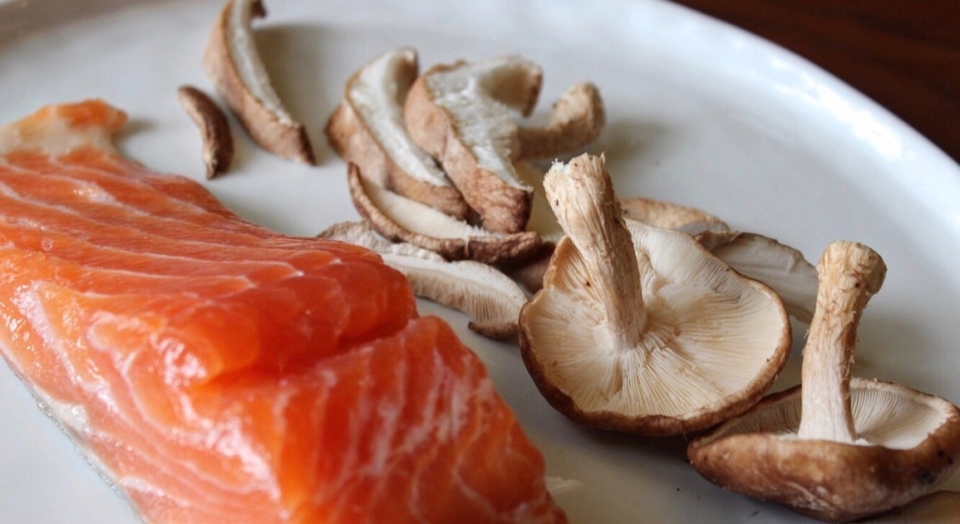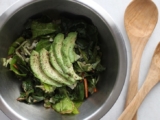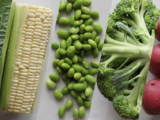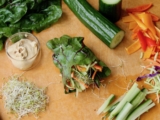Everyday Vitamin D Sources
Spring is finally here! Soon we will get to pull out our bathing suits and spend all day in the sun!…right?! Unfortunately, most of us don’t have the luxury of spending our days by the pool. Good thing about that is we won’t have to worry about getting sunburnt. The downside is that most of us don’t spend enough time outdoors, even during the warmer months. The result is lower levels of Vitamin D. So what does one do that can’t quit their 9-to-5 job to hangout by the pool? Turns out there are several food options to choose from to include in our daily diet:
Foods with Vitamin D
- Fatty fish: salmon, tuna, mackerel (here you will find the most vitamin D)
- Liver, cheese, egg yolks (can provide some vitamin D)
- Fortified milk/cereals (probably where most of us get our vitamin D)
So what if you don’t eat fish, drink milk regularly, or like eggs? Here are a few ways to still get vitamin D in your diet!
- Fortified non-dairy milk
- Fortified orange juice
- Fortified tofu
- Mushrooms grown under UV lights (look for Vitamin D label on package)
- And, of course sunlight!
Here are a few reminders as to why Vitamin D is so important to include in our diet.
- Helps body absorb calcium, which in return maintains strong bones (preventing osteoporosis)
- Muscles need it to move
- Nerves need it to carry signals from brain to rest of the body
- Immune system needs it to fight off bacteria and viruses
- Basically found in cells throughout your whole body!
How much should you aim to get every day? If you are between the age of 19 – 70, aim for 600 IU. To get an idea of what 600 IU looks like, I included the amount in some of the foods I mentioned above.
- 3 oz. of Salmon, Atlantic = 447 IU
- 1 cup of orange juice = 137 IU
- 1 cup of milk = 115-124 IU
- 1 egg = 40 IU
As you can see, eat 3 oz. of salmon and have a glass of orange juice and you have almost 600 IU of Vitamin D. Although I hope you find some time during the week to enjoy the warmer weather, include some of the food items mentioned here in your everyday diet to ensure you are getting enough vitamin D.






